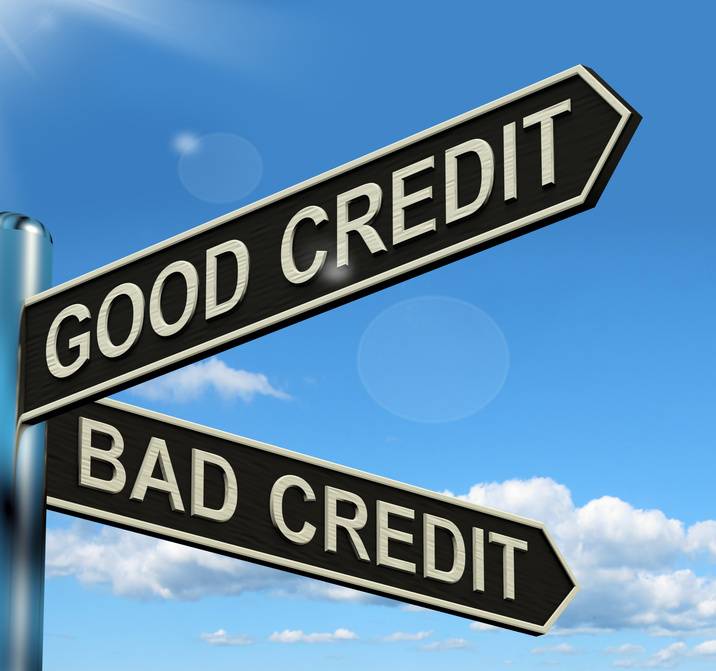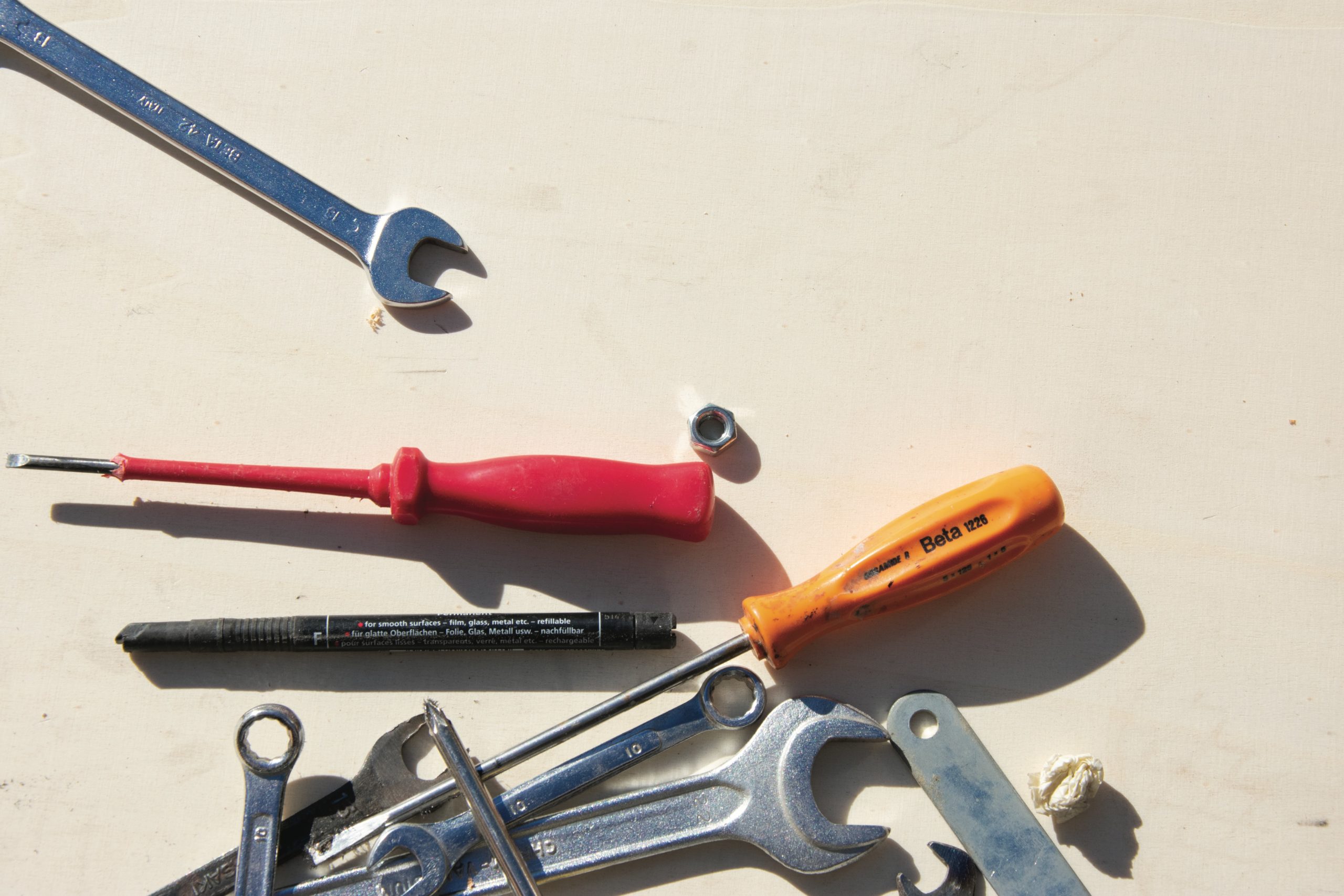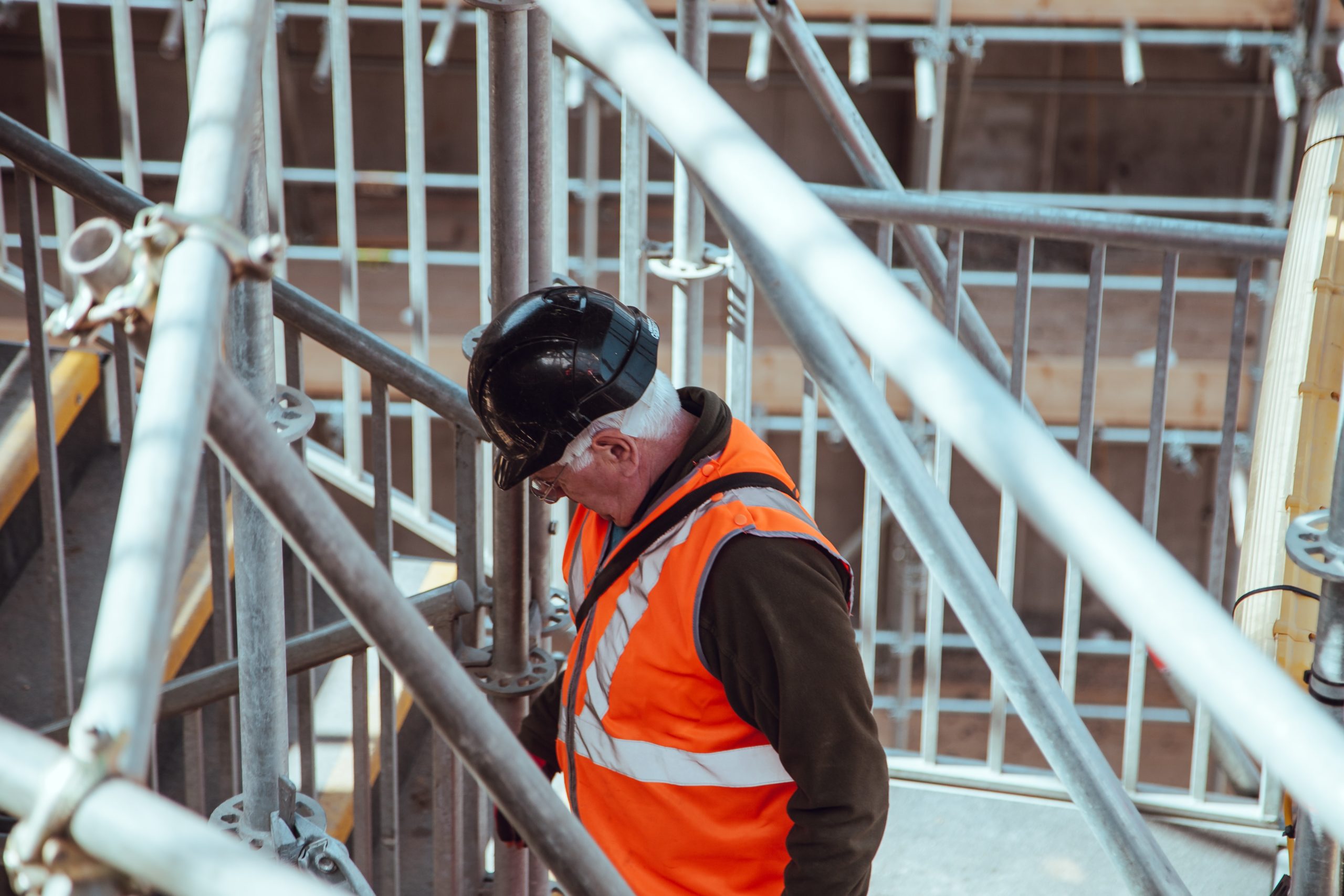
Contractor License Bonds – Overcoming Bad Credit
The prolonged downturn in the California construction industry over the past few years has strained the finances of many contractors, some of which must now overcome bad credit, among other hurdles in securing affordable license bonding. Contractors license bond rates in California are generally based on many factors including license and credit history, with each surety establishing their own guidelines as to acceptable risks and rating factors. As a general rule, many bond rates will be as low as around 1% of the bond amount with favorable credit and license history, to well over 10% for those sub par profiles. Some contractors with bad credit or license issues may have trouble getting a bond at any price, especially if they have had a prior bond claim, an open bankruptcy or other detrimental factors. If you are a contractor in this particular predicament, what are your options?
Step 1: Identify & Correct The Cause Of High Bond Rates
If your license bond renewal is a few months down the road, you may want to request a copy of your credit report. Most sureties will check a contractors credit 90-120 days prior to their renewal date, which provides the added benefit of giving contractors plenty of time to address any potential causes of a high bond renewal rate. They key is to plan ahead and begin work right away to address items relating to credit or licensing issues.
Step 2: Plan Your Bonding Strategy
After completing step 1, you should have a good idea of where you stand in terms of credit score, tax liens, bankruptcies, prior bond claims, CSLB license status, etc – basically some of the major items that can impact your bond rate. Next up is addressing the issues when possible. We have had customers tell us after reviewing their credit report, they have found certain items were reporting incorrectly. In some instances, underwriters with the surety have been able to recheck credit and provide a rate based on the updated information, provided it’s been updated on the credit report and or the CSLB, though this is generally done on a case by case basis. Other customers have reported having found success working with a credit specialist.
Next, consider contacting a few reputable brokers and explaining your relative circumstances to see if any negatives in your background will be deal breakers with certain carriers they may be familiar with. This can save a lot of time and effort because many brokers work primarily with a few sureties that specialize in bonds for a wide range of contractor profiles, but not all.
Step 3: Evaluate Your License Bonding Options
Depending on where you fall on the spectrum in terms of “Bad Credit” and other rating variables, you should have a clear picture of what you may be looking at in terms of license bonding costs. If your bond rate is very high, some carriers will offer a co-signer option which can significantly reduce the bond premium in some instances, presuming your co-signer has decent credit. If you do go this route, however, make sure your co-signer fully understands what they are getting into. If there is a claim on your bond down the road, they could be on the hook as much as you in terms of repaying your surety. Contractors considering this approach should provide potential co-signers full disclosure regarding the financial ramifications in the event a claim were to occur. With this in mind, obtaining a co-signer is not for everyone.
For specific questions regarding your credit report, how your credit score is determined or how it can be improved, please contact a reputable credit specialist who is qualified to answer any questions you may have.
By Jeremy Schaedler
HAVE BONDING QUESTIONS?
Call us today at 1-800-682-1552 to speak with a licensed contractors bond specialist.
Mon-Fri 8:30am-5:00pm
Or






